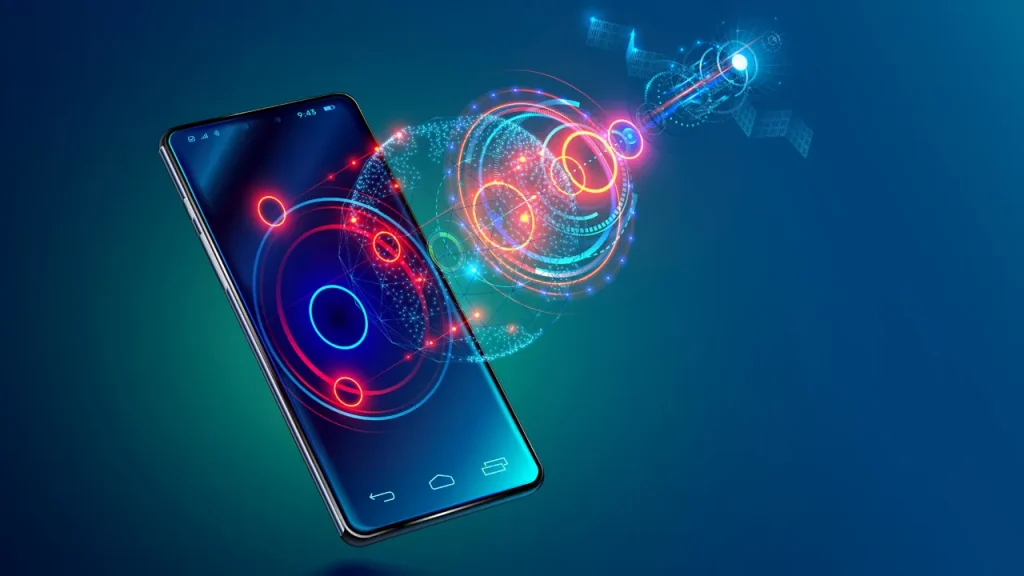- Ofcom proposes licence changes and handset exemptions to fast-track direct-to-device satellite connections in the UK.
- Vodafone and AST SpaceMobile lead the way, though challenges remain around devices, pricing, and commercial adoption.
Ofcom pushes direct-to-device services in the UK
Ofcom, the UK communications regulator, has set out plans to enable direct-to-device (D2D) satellite services by early 2026. The regulator confirmed it will vary existing mobile network operator licences and create exemptions for handsets to connect legally to satellites. A consultation is open until 10 October, aiming to finalise the framework that would allow D2D services to go live in the UK market
According to Ofcom’s official consultation page, the proposal covers spectrum under 3 GHz, ensuring consumer devices can link directly to satellites without separate approvals. The move follows a successful Vodafone/AST SpaceMobile satellite video call in 2023, which demonstrated the feasibility of D2D connectivity. Reuters also reported that Ofcom wants the UK to be one of Europe’s first movers in satellite-to-phone rollout.
Also read: Vodafone advances direct-to-device satellite connectivity trials
Also read: Globe and Lynk to launch direct-to-device satellite service
Ofcom’s move matters for UK connectivity
Ofcom’s plan is seen as an effort to address mobile “not-spots” and improve emergency resilience by enabling satellite coverage for standard smartphones. However, several uncertainties remain. Device makers will need to ensure compatibility across models, and operators must work out fair pricing structures. Affordability is a concern, with Ofcom itself noting that millions of UK households already struggle with telecoms bills. This raises questions about whether D2D will be affordable for the people who need it most.
Competition is also heating up. Vodafone and AST may be technically ahead, but Starlink’s partnership with T-Mobile in the US shows how quickly rivals can scale. Whether the UK really achieves a 2026 launch depends not only on licensing but also on satellite deployments, handset support, and operator investment.

